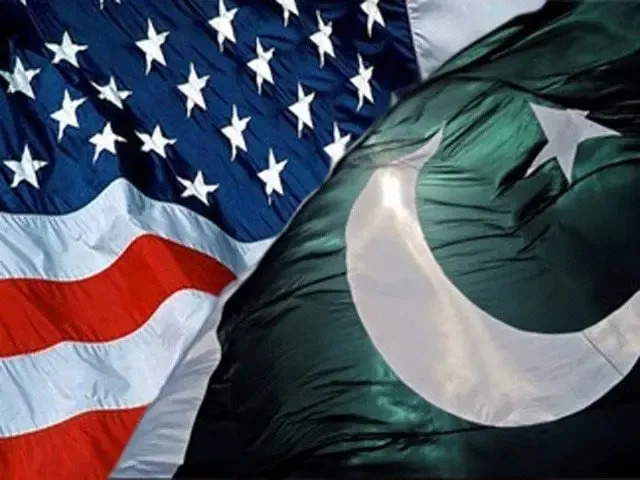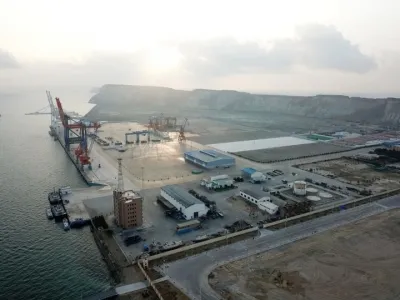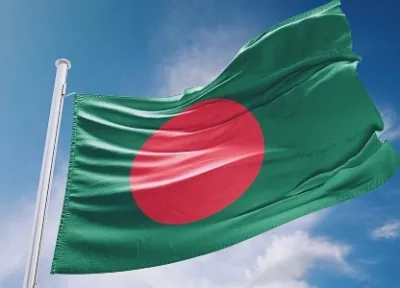Pakistan to Open Tariff Negotiations with the US Amid Export Concerns

Synopsis
Key Takeaways
- Delegation to propose lower tariffs on 55 products.
- Concerns over a potential $564 million export loss.
- Efforts to address non-tariff barriers including bans on 'X'.
- Negotiations aimed at strengthening US-Pakistan trade ties.
- Focus on cotton, petroleum, and soybeans for special benefits.
Islamabad, April 10 (NationPress) Pakistan's Prime Minister Shehbaz Sharif has decided to dispatch a high-ranking delegation to the United States, aiming to propose reduced tariffs and enhanced market access, in light of worries that new tariffs might drastically cut Islamabad's exports to Washington.
According to government insiders, the delegation plans to advocate for a decrease in tariffs on approximately 55 products, alongside expanding market share, and will also tackle the US' non-tariff issues, including the prohibition of the social media platform 'X'.
"These reduced tariffs would closely mirror those offered to China under the bilateral Free Trade Agreement (FTA)," the report stated.
Sharif's move follows an announcement by US President Donald Trump regarding heightened tariffs, which resulted in some Pakistani exporters facing cancellation notices from their clients in Washington.
Emphasizing the long-standing US-Pakistan trade relationship, Sharif remarked: "The government is eager to further enhance our trade alliance with the US."
Economic analysts have projected a loss of at least $564 million following the US's announcement of a 29 percent tariff on Pakistani goods.
As noted by the policy think tank Tabadlab, "The 29 percent increase in tariffs on Pakistani goods is expected to lead to approximately $564 million in export losses to the US during the first year of 2025-26. In a less likely but severe scenario, losses could escalate to $2.2 billion."
The trade conflict between the US and China has intensified further after Beijing retaliated by imposing an additional 34 percent tariff on US goods in response to the 104 percent duties placed on Chinese products by the US.
The US has also enforced an additional 29 percent tariff on Pakistani exports to address the $3 billion trade deficit.
The US maintains that it harbors serious reservations, including concerns about non-tariff trade barriers and online restrictions, notably the ban on the social media platform 'X'.
Sharif has been informed about alternative strategies by the Steering Committee and Working Group to manage the anticipated challenges arising from the US's additional tariffs.
The delegation, which will include notable businessmen and exporters, is set to devise a strategy to negotiate with Washington and propose a mutually beneficial plan for the future, sources indicate.
"The government intends to propose lower tariffs on around 55 product lines, with special incentives planned for cotton, petroleum products, and soybeans.
"The tariffs on cotton imports are already at zero, and the government aims to reassure US authorities of increased imports of this commodity," the sources added.
"Pakistan's strategy includes advocating for a return to the pre-April 4th tariff levels or reducing the additional tariffs to match those of competitors like Egypt and Turkey," the sources concluded.










